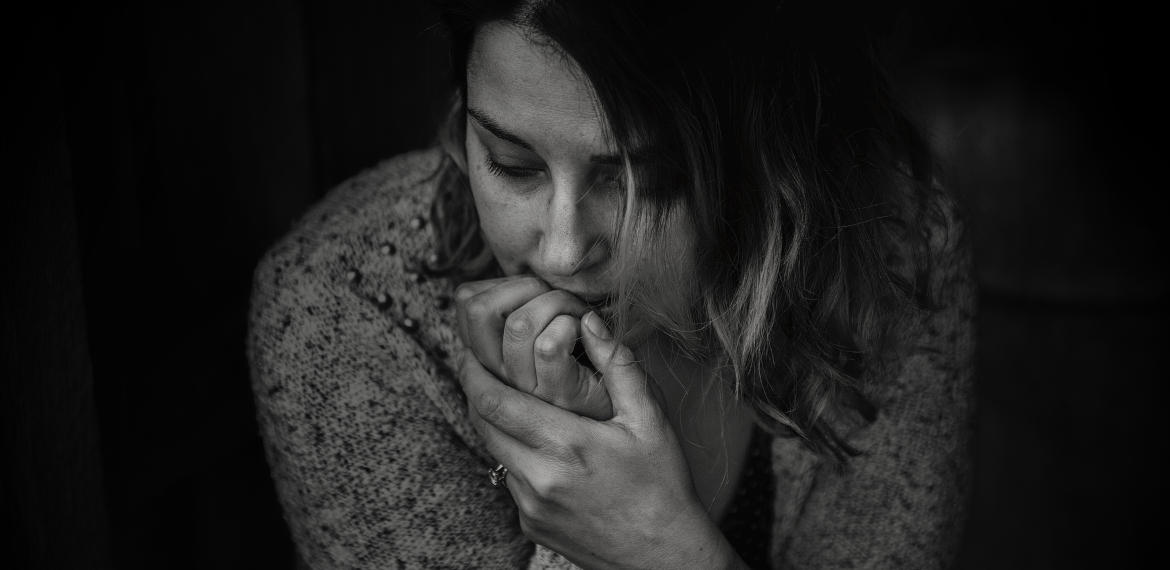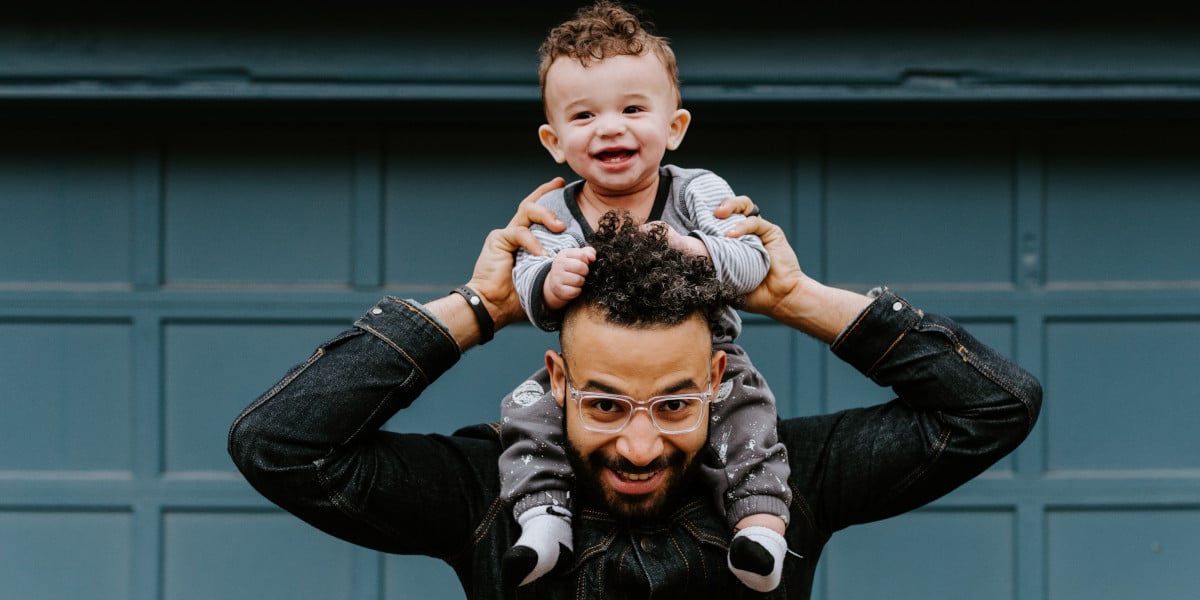
13 Signs Why Your Teen May Have Anxiety
Anxiety disorders among teens and young adults have been rising for several years. According to recent studies, anxiety disorders affect 25 percent of all teens and 30 percent of teen girls. Anxiety in young adults has also been on the rise. Although nobody knows exactly what is causing the rise in anxiety disorders among young people, there is a school of thought that attributes much of it to social and cultural changes.
Societal Influences on Teen Anxiety
Our society tends to focus more on materialism than on relationships. As a result, parents are working more and spending less quality time with their teens. Social comparison is also a culprit that can be attributed to increased anxiety. Teens and young adults are already experiencing changes emotionally and hormonally. Social media such as Snapchat, Tik Tok, and Instagram make it so that young people are in a position to always see what all of their friends are doing. Since most people post the best of their lives, teens can get caught up in comparisons and feel less than who they really are. They never feel good enough, which can lead to isolation, anxiety, and even depression.
This social comparison also makes it less likely that teens will seek help if needed. They do not want to be stigmatized as having a mental health problem for fear of being seen as different or being bullied. Teens and young adults typically tend to worry a lot, but when that worry becomes excessive it may actually be an anxiety disorder.
13 Signs Your Teen May Have an Anxiety Disorder
According to Health Central, here are some signs of possible anxiety disorder in teens.
- Consistent and excessive worry every day for a period of time
- Complaints of physical symptoms such as headache, stomachache or fatigue
- Problems sleeping
- Overly self-critical or filled with self-doubt
- Constant approval seeking from adults in their life
- Continually and excessively checking and re-checking homework.
- Avoidance and social withdrawal, including from friends and school
- Other disorders that may be present, such as ADHD
- Continuous worry despite reassurances from parents and school personnel
- Experimenting with drugs
- Sudden changes in mood
- Irritability
- Severe or worsening fears (afraid to be alone or afraid to sleep in own bed)
If you are a teen/young adult or the parent of a teen/young adult who displays any of these symptoms, your teen may have an anxiety disorder. The great news is that there is help. Seek out a professional to help navigate through this difficult time. Do not be afraid to reach out. If you suspect your child has an anxiety disorder or depression, reach out to your child’s pediatrician, school counselor, or licensed mental health counselor like us!
At Lifeologie Counseling Raleigh and Lifeologie Counseling Durham, my team of counselors are trained to listen to your teen’s unique needs and help them understand that comparing ourselves to others only steals our joy and peace! Connect with us at (919) 900-7552 or find a Lifeologie Counseling therapist near you on our locations page!

About Elizabeth Grady
Elizabeth “Liz” Grady is a Licensed Clinical Mental Health Counselor and Clinical Supervisor (LCMHCS), a Nationally Certified Counselor (NCC), a Certified Clinical Trauma Professional (CCTP) and a Board Certified Tele-Mental Health (BC-TMH) Counselor. She earned her MA in Counseling and her PhD in Counselor Education from North Carolina State University. She has advanced training in Eye-Movement Desensitization and Reprocessing (EMDR), Dialectical Behavior Therapy (DBT), Acceptance and Commitment Therapy (ACT), Motivational Interviewing (MI), and Cognitive Behavior Therapy (CBT). She specializes in stress management, school/employment, relationships, and past and present life experiences, including childhood maltreatment and trauma. She sees adolescents, adults, and families at Lifeologie Counseling Raleigh.
Meet Me



